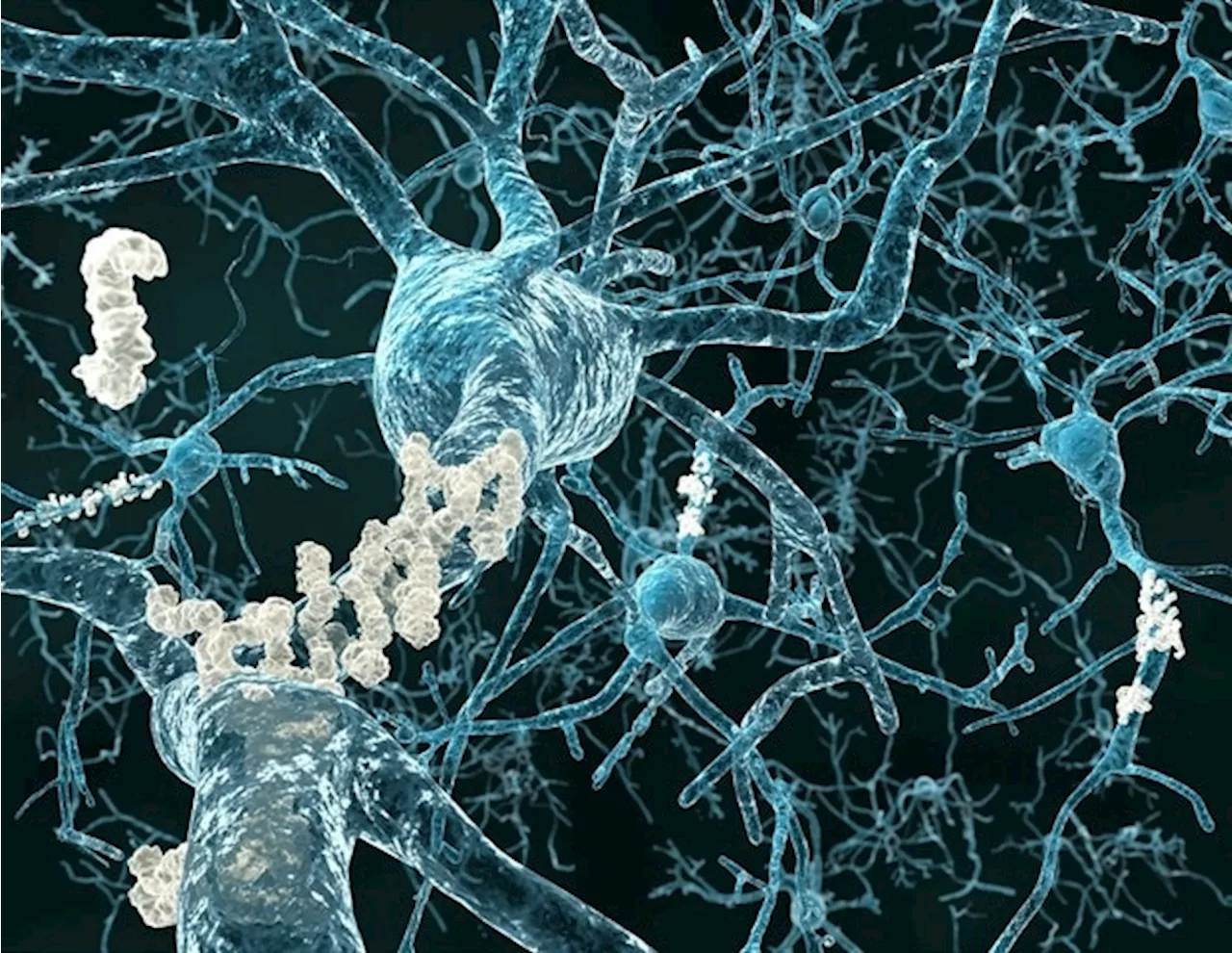A team of scientists at the Indiana University School of Medicine has identified that an eye condition affecting the retina, the light-sensing tissue in the back of the eye, may serve as an early indicator for Alzheimer's disease.
Indiana UniversityFeb 26 2025 A team of scientists at the Indiana University School of Medicine has identified that an eye condition affecting the retina, the light-sensing tissue in the back of the eye, may serve as an early indicator for Alzheimer's disease.
The eye is a window to the brain reflecting changes associated with neurodegenerative conditions such as Alzheimer's disease. Nearly 7 million Americans are living with Alzheimer's disease, and our study will help provide ease of diagnosis and potential intervention for Alzheimer's disease, thus enhancing patient outcomes and quality of life in the future." The research team used advanced imaging techniques to assess retinal structure and function in the mice.
Eye Imaging Medical Research Medicine Mouse Model Neurodegenerative Disease Ophthalmology Research
United Kingdom Latest News, United Kingdom Headlines
Similar News:You can also read news stories similar to this one that we have collected from other news sources.
 'We are Telford and Shropshire's university' - Harper Adams reaffirms commitment as Wolverhampton University abandons TelfordThe county's leading Harper Adams University has reaffirmed its commitment to Shropshire.
'We are Telford and Shropshire's university' - Harper Adams reaffirms commitment as Wolverhampton University abandons TelfordThe county's leading Harper Adams University has reaffirmed its commitment to Shropshire.
Read more »
 New robotic surgery device aims to enhance precision in retinal proceduresWhen even the most highly trained surgeons perform procedures on the retina-one of the smallest, most delicate parts of the human body-the stakes are high.
New robotic surgery device aims to enhance precision in retinal proceduresWhen even the most highly trained surgeons perform procedures on the retina-one of the smallest, most delicate parts of the human body-the stakes are high.
Read more »
 Green People launches clean Retinal Serum that's more effective than RetinolGreen People launches first Age Defy+ Retinal Booster Serum, which promises to reduce fine lines, boost collagen and a glowy complexion.
Green People launches clean Retinal Serum that's more effective than RetinolGreen People launches first Age Defy+ Retinal Booster Serum, which promises to reduce fine lines, boost collagen and a glowy complexion.
Read more »
 Dreams Could Be an Early Sign of Alzheimer's, Experts DiscoverA man diagnosed with dementia in his 40s revealed that a slight change in his working abilities was the telltale sign his brain health was in decline. Peter Alexander, now 56, never expected to be diagnosed with frontotemporal dementia, a type of the disease more commonly diagnosed in younger patients. The article discusses his experiences with the condition, including its impact on his personality, behavior, and language.
Dreams Could Be an Early Sign of Alzheimer's, Experts DiscoverA man diagnosed with dementia in his 40s revealed that a slight change in his working abilities was the telltale sign his brain health was in decline. Peter Alexander, now 56, never expected to be diagnosed with frontotemporal dementia, a type of the disease more commonly diagnosed in younger patients. The article discusses his experiences with the condition, including its impact on his personality, behavior, and language.
Read more »
 Lifelong Exercise Linked to Reduced Dementia Risk, Even with Early Signs of Alzheimer'sA new study from UCL researchers, published in Brain Communications, reveals that people who engage in regular physical activity throughout their lives have a lower risk of developing dementia, even if they exhibit early signs of Alzheimer's disease. The research, part of the Insight46 study, tracked the health data of over 450 individuals since their birth in 1946. Findings indicate that exercise, particularly before age 50, is associated with a larger hippocampus (the brain region responsible for memory) and reduced cognitive decline.
Lifelong Exercise Linked to Reduced Dementia Risk, Even with Early Signs of Alzheimer'sA new study from UCL researchers, published in Brain Communications, reveals that people who engage in regular physical activity throughout their lives have a lower risk of developing dementia, even if they exhibit early signs of Alzheimer's disease. The research, part of the Insight46 study, tracked the health data of over 450 individuals since their birth in 1946. Findings indicate that exercise, particularly before age 50, is associated with a larger hippocampus (the brain region responsible for memory) and reduced cognitive decline.
Read more »
 Breakthrough study identifies new way to address Alzheimer's at early stagesA team of researchers from the Keck School of Medicine of USC has unlocked the details of a cellular pathway that triggers cellular inflammation and aging and is linked to Alzheimer's disease, particularly among those who carry the APOE4 genetic risk.
Breakthrough study identifies new way to address Alzheimer's at early stagesA team of researchers from the Keck School of Medicine of USC has unlocked the details of a cellular pathway that triggers cellular inflammation and aging and is linked to Alzheimer's disease, particularly among those who carry the APOE4 genetic risk.
Read more »
